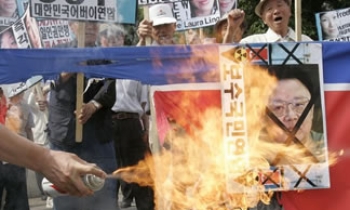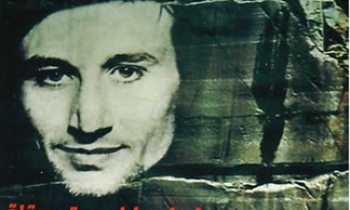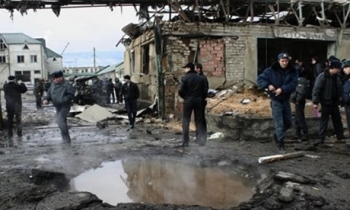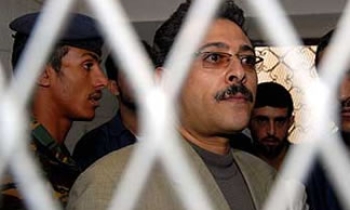HATTIESBURG — The seizure of tape recordings by marshals from reporters from The Associated Press and the Hattiesburg American during a 2004 speech by Supreme Court Justice Antonin Scalia broke no laws, according to U.S. Marshals Service’s initial investigation.
“Based on the information he had available, U.S. Marshals Service General Counsel also reviewed the allegations and determined that there were no violations of the laws cited in the letters of complaint,” according to a summary report on the investigation published today in the Hattiesburg newspaper.
The Marshals Service had refused to release the investigation results. In May, the Justice Department ordered the Marshals Service to comply with the newspaper’s Freedom of Information Act request.
The incident occurred during Scalia’s speech at Presbyterian Christian School in Hattiesburg in April 2004. The incident prompted a May 2004 lawsuit against the Marshals Service by the AP and the Hattiesburg American.
The lawsuit ended five months later with the Marshals Service admitting it violated the Privacy Protection Act and said it had put into place new procedures on dealing with the media. The act protects journalists from having their work product seized by the government.
Under the new policy, marshals have “no role or responsibility regarding photography, audiotaping and videotaping at such events except when the personal security and safety of the federal judicial officer is believed to be in jeopardy.”
During Scalia’s speech, a deputy federal marshal, Melanie Rube, demanded that AP reporter Denise Grones and Hattiesburg American reporter Antoinette Konz erase recordings of the justice’s remarks. The reporters had not been told before the speech that they could not use tape recorders.
When Grones resisted, the marshal took the digital recorder out of her hands. The reporter then showed Rube how to erase the recording.
Rube then reached across Grones and demanded that Konz hand over her tape.
Konz surrendered the tape and, after the speech, was able to get it back only after she erased the recording in front of the marshal.
The marshal said she acted at the direction of Scalia.
The exchange occurred in the front row of the school auditorium while Scalia spoke on the Constitution. Scalia later apologized and said he would make it clear in the future that recording his remarks for the use of the print media would not be a problem.
The Hattiesburg American had requested a copy of the final report related to the investigation, transcripts of interviews conducted during the investigation and guidelines for handling the media provided to agents who provide security for judicial officers.
According to the records, Rube told investigators in an interview that Barrett Mosbacker, the then-headmaster of PCHS, made an announcement to all media that Scalia’s speech was not to be recorded.
Rube said when she questioned Mosbacker about his announcement on a second occasion, he said he only made the announcement to a Hattiesburg television station crew, who were also present at the speech.
“And I said, ‘so you did not get up and publicly make the announcement from the podium?,”’ Rube said in the interview. “He said ‘no, I did not.”’
Also among the documents are copies of letters of apology that Scalia sent to Konz and Grones.
Leonard Van Slyke of Jackson, the newspaper’s attorney, said the documents don’t say whether disciplinary action was taken against the marshals.
“I would have expected there to be some kind of disciplinary action taken against the marshal or her supervisor because they failed to understand their duty,” Van Slyke said.
The release of the documents is a victory for not only the newspaper but also the public, Van Slyke said.
“I think it’s important that the record be complete and the public have access to what actually happened and the statements people made,” Van Slyke said.









